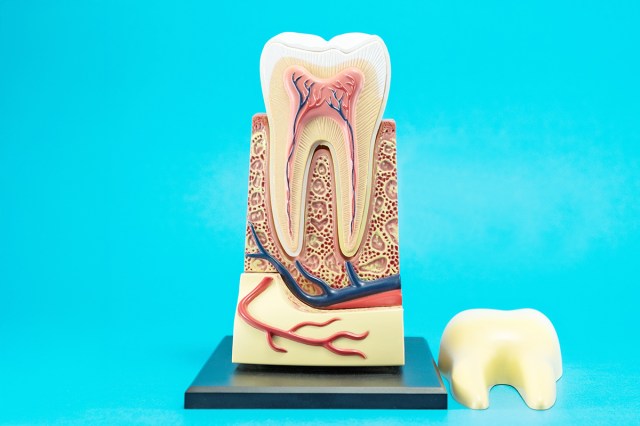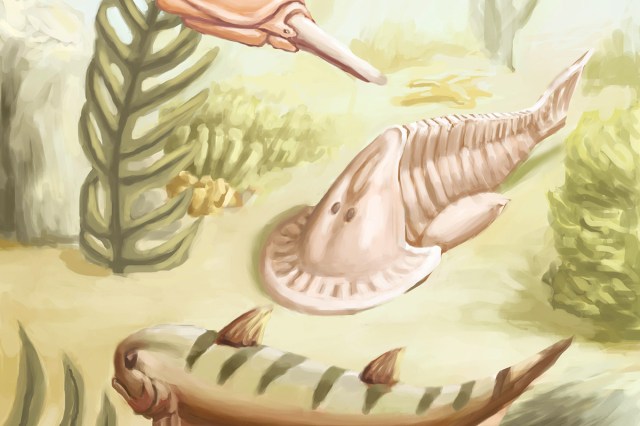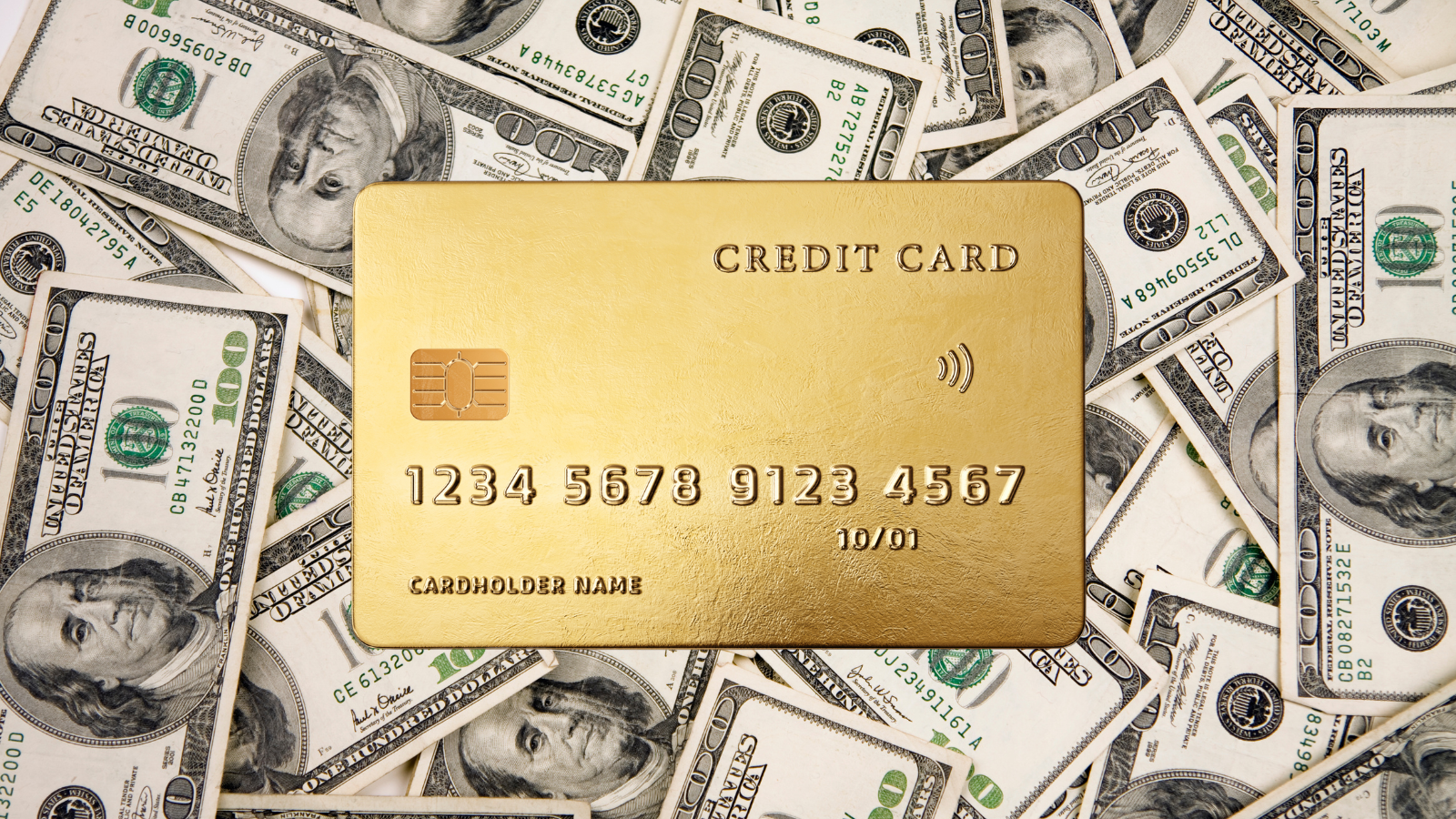
Teeth Are Tough, But Also Sensitive
Your teeth may look like simple little bones, but they’re far more complex, and more sensitive, than they seem. Each tooth is made up of multiple layers. The outermost layer, enamel, is the hardest substance in your body and serves as a protective shell. Beneath the enamel is dentin, a more porous material filled with microscopic tubules.
Those tiny channels lead to the pulp, where your tooth’s nerves and blood vessels live. When enamel wears down or gums recede, the dentin gets exposed — and that’s when discomfort can start.
Cold drinks and food can be especially painful because they cause rapid temperature shifts in the mouth. Those sudden drops in temperature move quickly through the dentin’s tubules, stimulating the nerves and producing that painful zing. Cold tends to cause a more abrupt shift than heat, which is why it often provokes a sharper, more intense response.
Sweet foods introduce a different challenge; sugar can seep into those open channels and irritate the nerves directly. It also feeds the mouth’s bacteria, which produce an enamel-weakening acid as a byproduct. While cold is the most common culprit, even hot or tangy food and beverages can lead to pain if the dentin is already exposed. This all adds up to a cycle of sensitivity that’s surprisingly easy to trigger.

Our Teeth Can Become More Sensitive as We Age
Tooth sensitivity often becomes more noticeable as we get older. That’s because the protective layers around the nerves — enamel and gum tissue — gradually wear down over the years. Brushing too hard or using a stiff-bristled toothbrush can also contribute to enamel erosion and gum recession.
And once the roots of your teeth are exposed, they’re especially vulnerable to pain. Unlike the crowns of your teeth, roots aren’t covered by enamel — just a thin layer of a specialized calcified substance called cementum that can easily wear away.
Other common causes of sensitivity include nighttime teeth grinding (bruxism), which can wear down enamel over time, as well as recent dental procedures such as fillings or deep cleanings, which may leave teeth temporarily tender. A combination of age, daily habits, and gradual wear-and-tear makes older adults more prone to feel that sudden sting when eating or drinking cold, sweet, hot, or even sour foods.

Teeth Weren’t Always Tools for Chewing
So as we age, our teeth may become more vulnerable — but that sensitivity isn’t a mere design flaw. In fact, it may be a feature that dates back hundreds of millions of years.
Recent research on ancient fish fossils reveals that teeth didn’t originally evolve for biting or chewing at all. The earliest tooth-like structures appeared more than 465 million years ago as part of the tough, armored skin of jawless fish.
Those structures weren’t for eating — they were for sensing. Embedded in bony plates, they likely helped fish detect subtle changes in their environment, acting more like pressure or motion sensors than tools for eating food.
Over time, as fish evolved jaws and began snapping at prey, those sensory structures migrated inward and became specialized for biting and processing food, but they never shed their original function entirely. Even today, teeth are wired to be highly sensitive, especially to changes in temperature, pressure, and chemical composition. In a way, that sharp pain you feel when you sip something cold is a throwback to an ancient biological function: Your teeth aren’t just for chewing — they’re also essentially little environmental sensors in your mouth.
More Interesting Reads

That Twinge May Be Your Tooth Demanding Attention
Occasional tooth sensitivity isn’t always cause for concern, but if the discomfort becomes frequent or intense, or if it lingers, it could point to something more serious such as a cavity, cracked tooth, or gum disease. Teeth are excellent messengers when something’s not quite right, and they typically won’t stop signaling until you do something to alleviate the pain.
Understanding the root causes of sensitivity can help you respond with more care and less worry. Small changes, including avoiding overly acidic foods or switching to a softer toothbrush or one specifically meant for sensitive teeth can make a big difference over time and make it easier to enjoy your favorite dessert.
So the next time you feel that sudden zing after a cold drink or sweet bite, you can thank evolution — and take it as a gentle reminder to give your teeth a little extra care. After all, they’re millions of years in the making.












